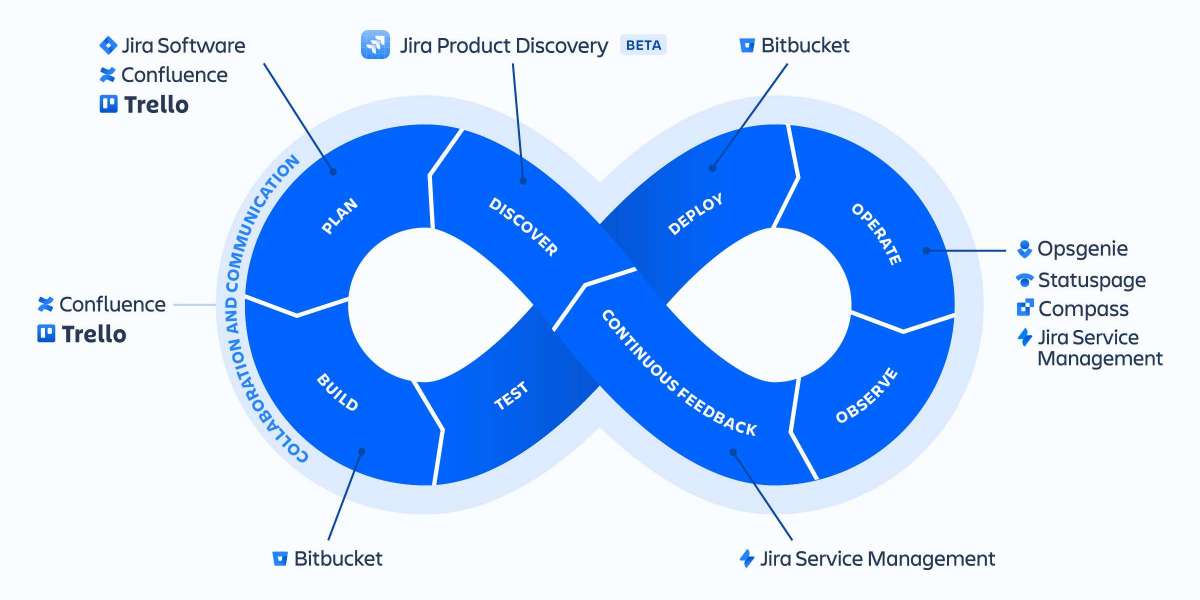1. Understand Your Needs
Before searching for a DevOps services company, it's crucial to define your specific requirements. Consider the following:
- Current Challenges: Identify the problems you face in your development and operations processes.
- Objectives: Clarify what you hope to achieve with DevOps, such as faster deployment, improved collaboration, or enhanced scalability.
- Scope: Determine whether you need a full-scale DevOps implementation or specific services like continuous integration/continuous deployment (CI/CD), infrastructure automation, or monitoring.
2. Research Potential Providers
Start by researching potential DevOps services companies. Use the following methods:
- Online Search: Look for companies with strong reputations and positive reviews in the DevOps space.
- Industry Recommendations: Seek recommendations from industry peers or consult with professional networks.
- Vendor Lists: Check industry publications and reports that list top DevOps service providers.
3. Evaluate Expertise and Experience
When assessing DevOps services companies, consider their:
- Experience: Look for providers with a proven track record in implementing DevOps solutions. Check their case studies and client testimonials.
- Specializations: Ensure their expertise aligns with your needs, whether in cloud platforms, automation tools, or specific technologies.
- Certifications: Verify their credentials and certifications, which can be indicative of their competence and adherence to best practices.
4. Assess Service Offerings
Review the range of services offered by potential DevOps services companies. Ensure they cover the following areas:
- Automation: Check their capabilities in automating development, testing, and deployment processes.
- Integration: Ensure they support integration with existing tools and platforms.
- Monitoring and Support: Evaluate their offerings for monitoring, incident management, and ongoing support.
5. Consider Company Culture and Communication
Effective collaboration is key to a successful DevOps partnership. Assess the following:
- Communication Style: Ensure their communication style aligns with your organization’s expectations. Clear and regular communication is essential.
- Cultural Fit: Evaluate whether their company culture complements yours. A good cultural fit can enhance collaboration and project success.
6. Request Proposals and Conduct Interviews
Request proposals from shortlisted DevOps services companies. This will allow you to:
- Compare Offerings: Analyze the scope, deliverables, and pricing of each proposal.
- Ask Questions: During interviews or discussions, ask about their approach, methodologies, and how they handle challenges.
7. Review Contracts and SLAs
Before finalizing a partnership, carefully review the contract and Service Level Agreement (SLA). Pay attention to:
- Scope of Work: Ensure the contract clearly defines the services to be provided.
- Deliverables: Confirm the milestones, timelines, and quality standards.
- Terms and Conditions: Review terms related to pricing, payment, and termination.
8. Start with a Pilot Project
If possible, start with a pilot project to test the waters. This will:
- Evaluate Performance: Assess the company’s ability to deliver as promised.
- Identify Issues: Uncover any potential challenges or gaps in their approach.
- Build Trust: Establish a working relationship and build trust before committing to a long-term engagement.
9. Establish a Collaboration Framework
Once you’ve selected a DevOps services company, establish a clear framework for collaboration. This includes:
- Communication Channels: Define how and when you will communicate, including regular updates and meetings.
- Reporting Structure: Set up reporting mechanisms to track progress and performance.
- Feedback Loop: Create a process for providing feedback and addressing any issues promptly.
10. Monitor and Review Performance
Continuously monitor the performance of your DevOps services provider. Regularly review:
- Project Progress: Check whether the project is on track and meeting the defined objectives.
- Quality of Service: Assess the quality of the services provided and their impact on your operations.
- Partnership Effectiveness: Evaluate the overall effectiveness of the partnership and make adjustments as needed.
By following these steps, you can find and work with a DevOps services company that aligns with your needs and helps drive your organization’s success. A well-chosen DevOps partner can streamline your processes, enhance collaboration, and ultimately contribute to your business’s growth and efficiency.








